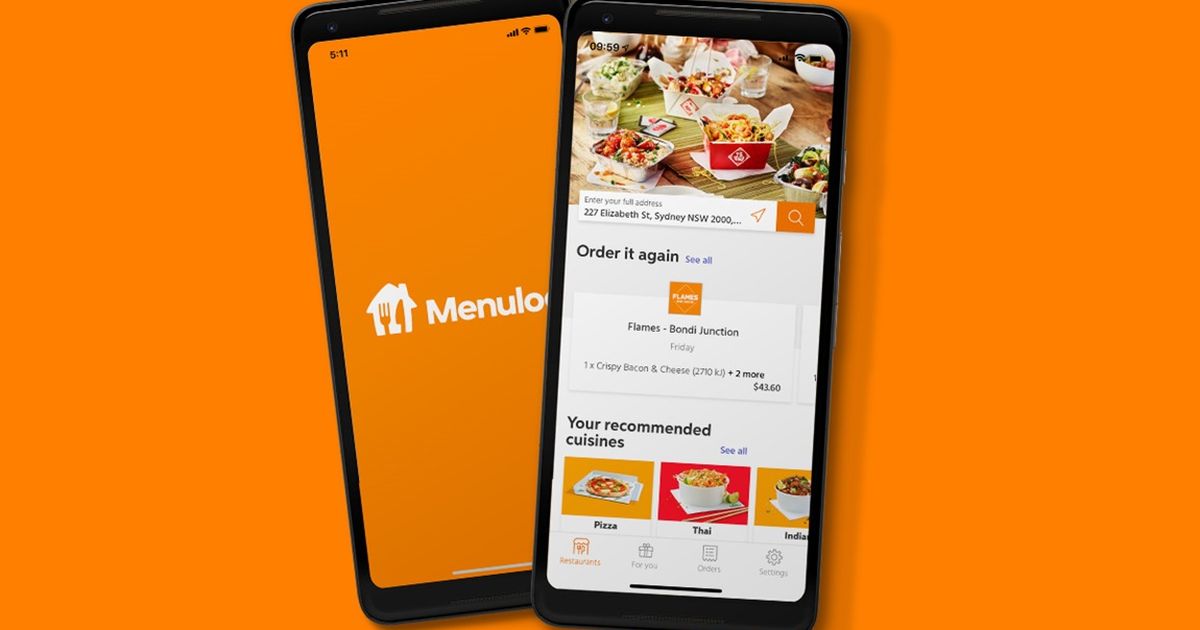
Food delivery app Menulog will soon treat its Australian delivery drivers as employees instead of independent contractors, ditching the framework that its peers have stubbornly clung to for years. It’s a massive change, and one that may have far-reaching implications.
Menulog’s huge shift from a contractor model to an employee one was announced by managing director Morten Belling during the Senate Select Committee on Job Security‘s Monday hearing. The committee is currently conducting an inquiry into workers’ rights and wages in Australia’s gig economy, among other issues.
“We are committed to the safety of our couriers, providing them with insurance cover and a fair income,” said Belling in his statement, which was subsequently supplied to Mashable. “While we are compliant with local laws, we believe there is more we can do for couriers, to better meet our evolved values and moral standards.”
Debate over the classification of gig workers has been a hot issue across the globe. Last November, California voted to continue classifying ride-hailing companies’ drivers as independent contractors instead of employees, denying them employee rights and benefits. This came after aggressive campaigning from Lyft and Uber, who threatened to suspend their Californian operations if forced to make drivers employees. In contrast, Uber lost its appeal in the UK Supreme Court in February, which ruled that the company’s UK drivers should be classed as workers and not as self-employed — drivers will now receive the National Living Wage, as well as benefits.
Now Menulog, one of Australia’s biggest food delivery platforms, has voluntarily broken with the corporate ranks.
“We owe it to our couriers to help enhance their life standards and as such, we have begun looking at how we can improve the way we operate and, as part of this, how we can roll out an employee model in Australia,” said Belling.
A Menulog spokesperson told Mashable they don’t have have many details on exactly how or when the change will be implemented, particularly at this early stage. However, Belling did state that it currently involves a “three-pronged approach.”
First, the company will increase its insurance cover and examine delivery drivers’ leave entitlements and superannuation. Next, it will start a pilot program to employ some of its couriers in the Sydney CBD. And finally, it will consult with stakeholders and apply for a new Modern Award with Australia’s Fair Work Commission.
This last point is particularly interesting. In Australia, awards lay out legal conditions of employment for particular occupations, including pay and leave entitlements. Australia’s minimum wage of $19.49 per hour is set by an award.
Employed food delivery drivers are currently covered by the Road Transport and Distribution Award 2020. This award sets a minimum hourly rate of $21.01 for couriers traveling by bike or foot, and $21.54 if they deliver via car or motorcycle. It also stipulates that casual employees must be paid for a minimum of four hours per engagement, regardless of how long they actually work.
Menulog most likely considers these requirements onerous and incompatible with its services, hence its desire to introduce a new award.
“Ultimately, we want to employ couriers, however the current regulatory framework presents a number of challenges, with specific regards to existing modern awards, the lack of flexibility they present and subsequent cost,” said Belling.
Such issues mean that employment for all of Menulog’s delivery drivers is still a long way from being a reality, the company having warned that switching from a contractor model to employee model will be a lengthy process. Still, it’s an undeniably bold new step for the gig economy.
“Due to the timing of the hearing today, we are sharing this update on these intended changes sooner than anticipated,” said Belling. “However, we strongly believe it is the right approach for this market and we are committed to progressing with it.”
